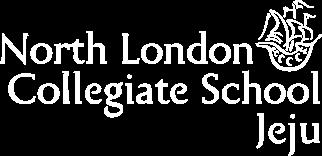

CURRICULUM ON A PAGE YEAR
7: TERM 1
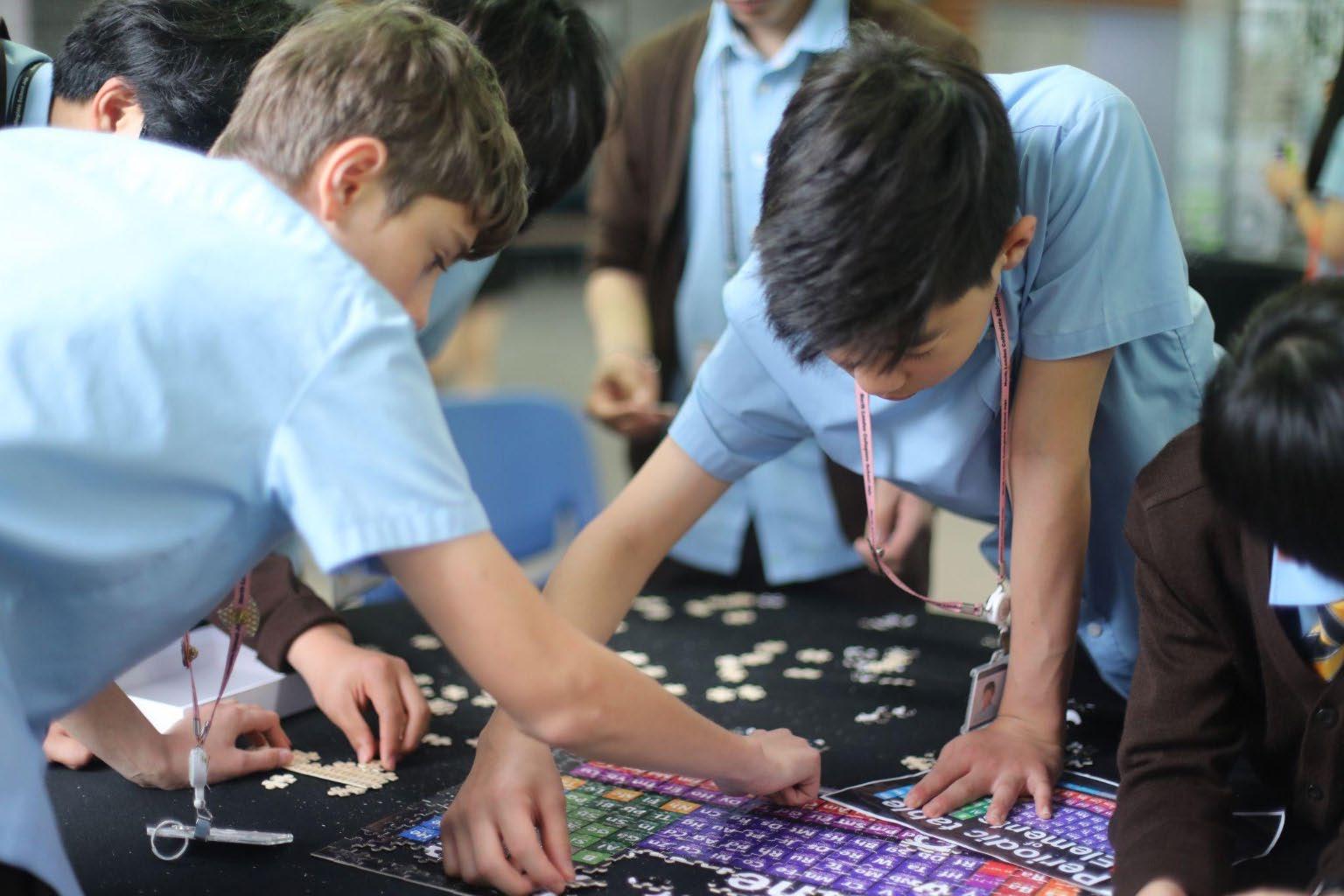
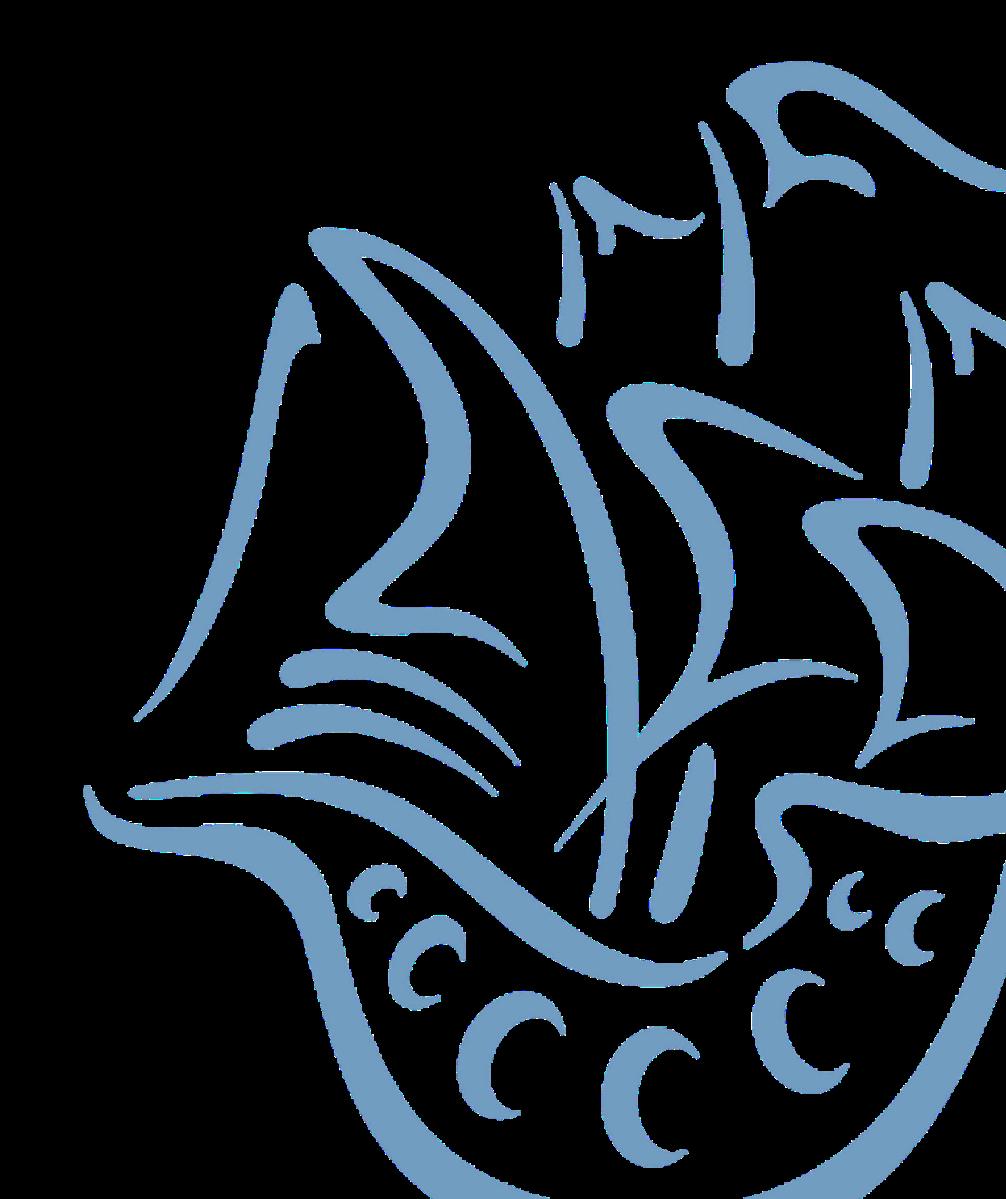
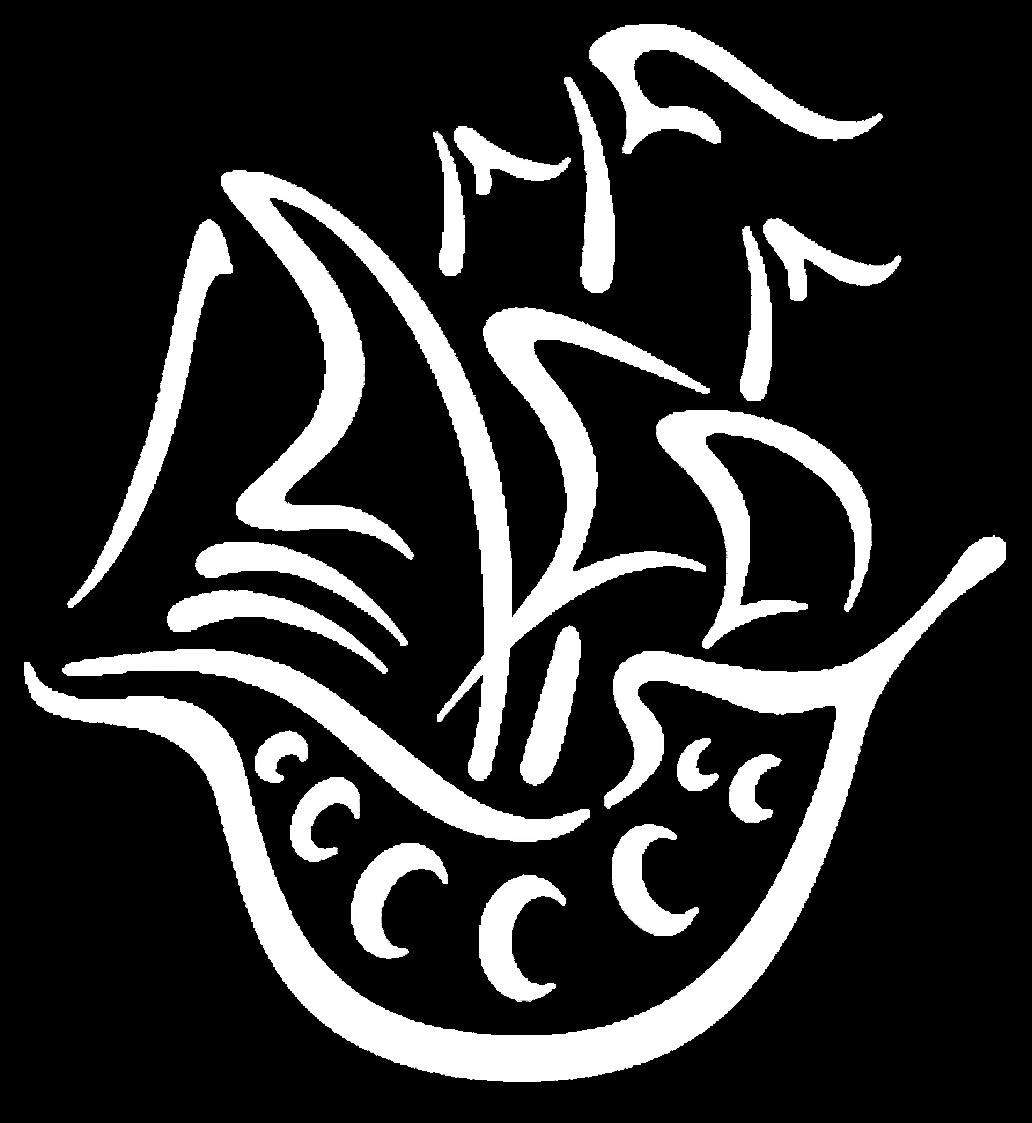
WELCOME FROM THE VICE PRINCIPAL


Welcome to the start of the 2025-26 academic year. As you will see throughout this document, Year 7 students will enjoy a broad and challenging curriculum throughout Term 1, with a strong focus on supporting students' transition into Senior School.
This is an exciting time for Year 7 at the beginning of their Key Stage 3 journey, as new passions and interests will be discovered, or existing ones consolidated even further. Our Year 7 curriculum builds upon the knowledge and skills of our Junior School provision, and is delivered through the expertise of our worldleading teachers. Here's to a great year ahead!
Mr. Carl Lewis clewis@nlcsjeju.kr
MESSAGE FROM THE ASSISTANT VICE PRINCIPAL
As our Year 7 students begin their journey into the Senior School for the 2025–26 academic year, they step into an exciting new chapter filled with opportunity, discovery, and growth. Building on the strong foundations of the Junior School, this year introduces a broad, holistic curriculum designed to spark curiosity, nurture critical thinking, and strengthen core knowledge. Students are encouraged to explore new subjects, develop independence, and engage with their learning in a more reflective and rigorous way. Through outstanding specialist teaching, enriching cocurricular opportunities, and a focus on personal development, we aim to foster a love of learning and equip students with the skills and confidence to thrive both in and beyond the classroom. We look forward to supporting each student as they grow into thoughtful, inquisitive learners.
Mr Shilen Tanna stanna@nlcsjeju.kr

HOW TO USE THIS BOOKLET

An overview of the lesson content for the term is provided Your child will learn lots of new vocabulary and concepts each term. This list contains subject specific vocabulary, integral to the unit of study


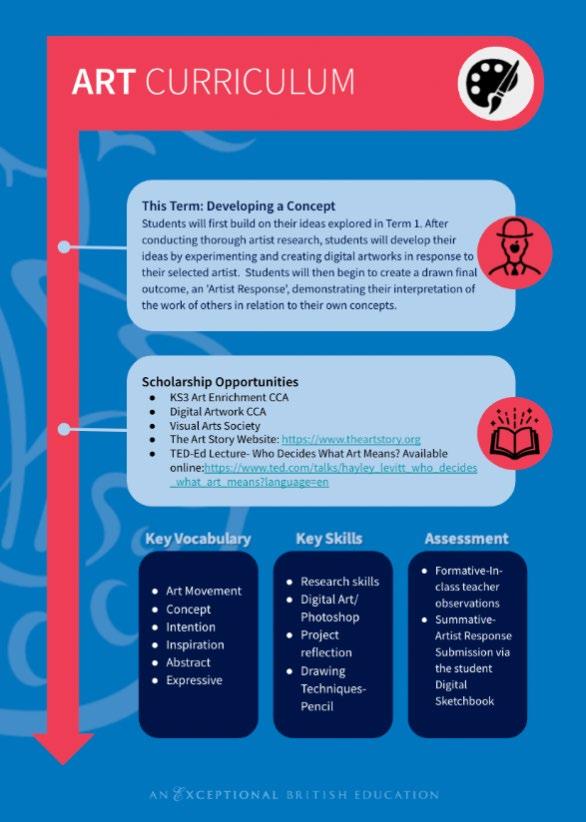


If you have any questions regarding your child’s programme of study, please contact the Head of Department



Throughout lessons students will be developing these transferable skills
Academic Leadership Team Contact Information
● Carl Lewis - Vice Principal (Academic) - clewis@nlcsjeju.kr
Some examples have been provided for how your child might extend their learning and engage with scholarship associated with the subject. This includes further reading and activities they might enjoy The formative assessments your child will take this term to support their progress
● Daniel Jewitt - Assistant Vice Principal (Division A) - djewitt@nlcsjeju.kr
● Shilen Tanna - Assistant Vice Principal (Division B) - stanna@nlcsjeju.kr
● Joshua Waterman-Wiggins - Assistant Vice Principal (Division C) - jwatermanwiggins@nlcsjeju.kr
● Laetitia Choi - Assistant Vice Principal (Division D) - lchoi@nlcsjeju.kr
● Jodie Ramskill-Torrance - Assistant Vice Principal (Head of Houses/PSD)jtorrance@nlcsjeju.kr
HEADS OF DEPARTMENT

Please use the directory below to contact the relevant Head of Department for any questions you may have about the curriculum. For questions about your child’s progress, please contact their subject teacher in the first instance:
Division A Key Stage 3 Subjects:
● Mr Adam Lim- Head of English - alim@nlcsjeju.kr
● Ms Susan Gleeson - Head of AED - sgleeson@nlcsjeju.kr
● Mr Fabián Herrera - Head of European Languages & Korean Second Languagefherrera@nlcsjeju.kr
● Ms Hwayoung Choi - Head of Korean Language & History - hchoi@nlcsjeju.kr
● Ms Margaret Baird - Head of Latin - mbaird@nlcsjeju.kr
● Ms Jenny Liu - Head of Mandarin - jliu@nlcsjeju.kr
● Ms Penny Fitchet - Head of History & Global Politics - pfitchet@nlcsjeju.kr
Division B Key Stage 3 Subjects:
● Ms Sharon Kennington - Head of Art & Design - skennington@nlcsjeju.kr
● Ms Vanessa Pereira - Head of Dance - vpereira@nlcsjeju.kr
● Mr Ian Peirson - Head of Drama - ipeirson@nlcsjeju.kr
● Mr Harry Thorrington - Head of Music - hthorrington@nlcsjeju.kr
● Ms Alisa Wynne - Head of Physical Education - awynne@nlcsjeju.kr
Division C Key Stage 3 Subjects:
● Mr Niall Scarlett - Head of Computer Science - nscarlett@nlcsjeju.kr
● Ms Kurtis Beer - Head of Mathematics - kbeer@nlcsjeju.kr
● Mr Mark Kim - Head of Key Stage 3 Science - markkim@nlcsjeju.kr
● Mr Hugh Kim - Head of Biology - hkim@nlcsjeju.kr
● Mr Derek Patenaude - Head of Chemistry - dpatenaude@nlcsjeju.kr
● Mr Nick Gillings - Head of Physics - ngillings@nlcsjeju.kr
● Mr Steven Knight - Head of Geography - sknight@nlcsjeju.kr
Personal Social Development:
● Mr Thomas Carter-Stead - Head of Personal Social Development & Philosophytstead@nlcsjeju.kr
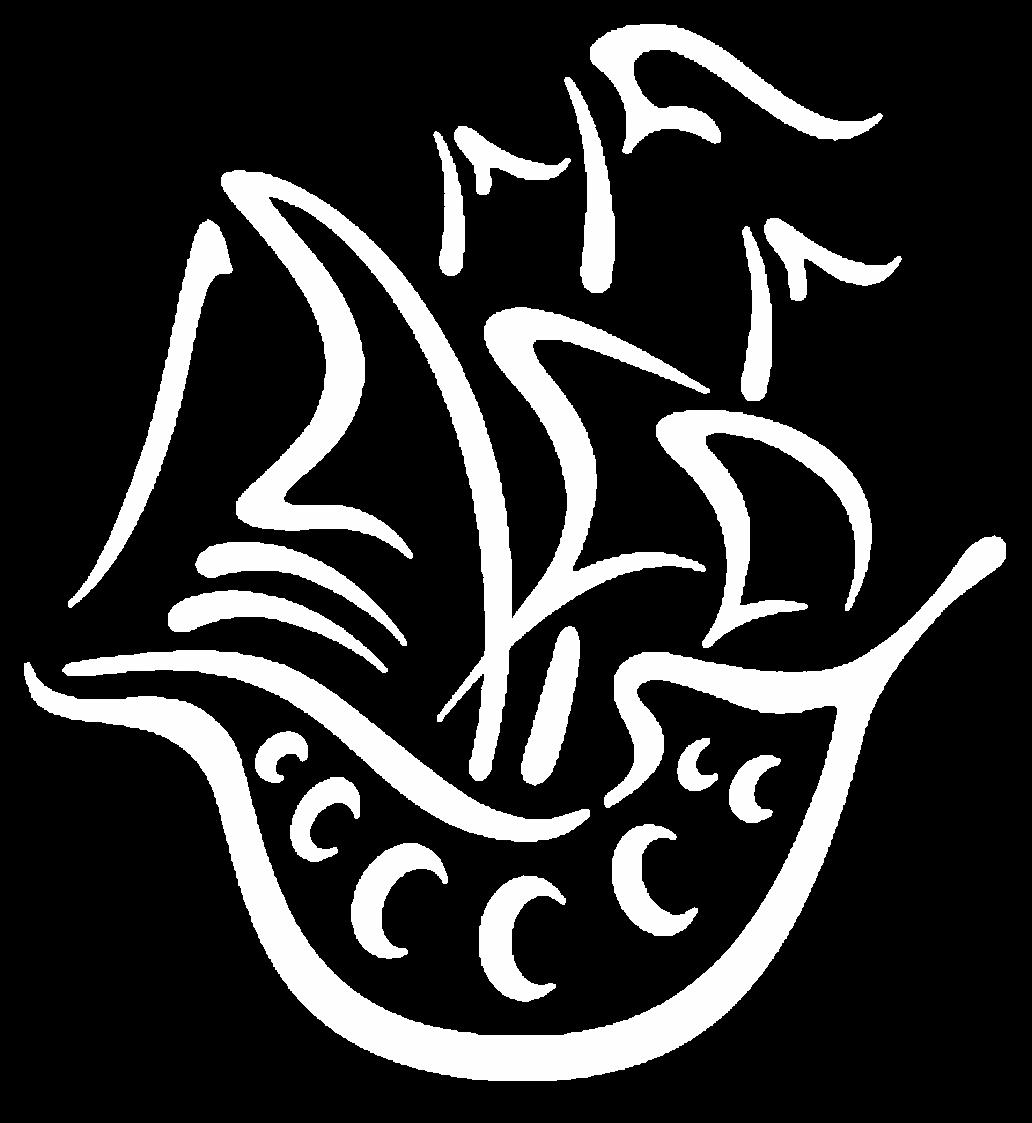
CURRICULUM

This term: Human Rights and Transactional Writing
Students will explore poetry and prose with the common theme of human rights and immigration, focusing on authorial choices and personal interpretations. They will develop their ability to identify and connect literary devices and meanings, whilst learning about the art of writing. They will then have an opportunity to develop their fiction writing in a range of forms.

Membership in the English Society; Dead Poets Society; or Debate Society Entering submissions to The Pier Literary
Joining the Language Ambassadors; Reading CCAs; Commonlit (online reading and Vocabulary.com


Identifying authorial choices
Forming an opinion on a text
Making deliberate vocabulary choices
Understanding elements of texts

● Comprehensio n and finding evidence task
● Reading comprehension and technique identification

CURRICULUM
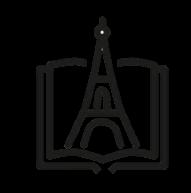
In this introductory unit, students will study the topics of basic 31, family, describing someone’s personality, likes and dislikes and classroom objects. We will do this by practising the four language skills (listening, speaking, reading and writing). In addition, we will spend some time looking at phonics to develop authentic pronunciation.

is a learning website which offers a range of different revision and recap activities and games provides a range of online support materials, homework tasks which help students to target areas for
is an effective online learning review game which allows regular and quick recap to consolidate learning European Languages Enrichment Week participation

To confidence to speak and to start to get to grips with the sound system of the language. to write including opinions.


● Written task: to write a total of 60-80 words on the material covered so far.

LANGUAGE

This term: Literature and Expression
Students will understand the effects of figurative language and symbolism in literature, appreciating and creating literary works using these techniques. They will summarize texts considering the reading purpose and characteristics of the text, making informed judgments about the content. Additionally, students will comprehend the essence of language to enhance their Korean language skills, understanding the different types and characteristics

Students are able to participate in annual reading activities and recommended reading lists which will be provided by
Participating in various types of activities and tasks in groups Sharing presentations conducted over the year

Communication
Interpersonal relationship development


● Creative Writing and Presentation:
● Summarization
Video Project:
Create summary videos
● Parts of Speech Test:
Critical and creative thinking
● Grammar Song composition and Performance appreciation reflection and development

HISTORY

Students will embark on their initial significant strides in their Korean history studies. Beginning from the prehistoric era, progressing through the Bronze Age, culminating in the Iron Age, students will learn about the process of building civilisation and nations on the Korean Peninsula. This journey through time will provide a comprehensive understanding of the cultural, social, and political evolution process that shaped the rich tapestry of Korean history.

is a place where various historical materials operated by the National Institute of Korean History are of Korean Culture is a resource written by experts in various fields of Korean studies provides reliable content -related materials

Reading/analysing historical sources based on historical
Understanding and reconstructing them
Comprehending and summarizing content
Understanding events from multiple


● Creating a picture diary of the prehistoric era
● Writing a short essay predicting changes during the Bronze Age
● Group presentations and evaluations

2ND LANGUAGE
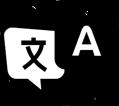
In our Korean Second Language classes, each student receives tailored teaching materials suited to their unique level. The teacher offers personalised termly overviews, highlighting the specific topics to be covered. Students engage with a diverse range of 'Talk to me in Korean', fostering

Culture study in class according to the key dates in Korea



● Grammar exercises
● Vocabulary tests
● Conversation tasks

CURRICULUM

This term: Introducing the Romans and Pompeii
Students use the Cambridge Latin Course from Stages 1-5 to learn about the nominative and accusative cases of nouns, i.e. subject and object, the present tense of verb. They will develop vocabulary and notice the connection between Latin and English and Romance languages and gain knowledge of the Roman world through translations related to Pompeii. They will learn about Roman houses, daily life, slaves, food, the forum and the theatre.
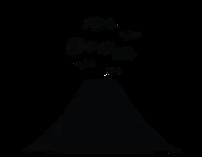
Read History books about the Ancient Greeks and Romans
Read or watch documentaries about Roman Pompeii or any other topic of interest about the Greeks and Romans
Deduce meaning by noticing connections between English and Latin words (identification of derivatives)
Education Perfect competition

translation from Latin to English
Reading aloud for comprehension
Recognising the Latin roots of English


● One formal assessment
● Ongoing informal assessments in lessons (e.g. translation and grammar tasks),
● Assessed homework (vocabulary, grammar and translation tests)

CURRICULUM

In this unit, students will explore narratives centered on familial love and relationships. Through studying narrative techniques, they will learn to express emotions via small events, gaining insights into meaningful human connections. Students will analyze how literature uses small moments to reflect deeper emotional truths by 走一步再走一步》
, developing an understanding of family dynamics.

Exploring emotional depth and personal expression in familial the themes of familial love in various narratives. Crafting original narratives that highlight small moments of connection and emotion within family dynamics. Providing and receiving constructive feedback on narrative
Presenting personal stories or selected passages to enhance public speaking skills and emotional engagement.

Narrative Writing: Developing skills to craft engaging narratives with emotional
Descriptive Techniques: Utilizing detailed descriptions to enhance storytelling and
Character Exploration: and performing character monologues to understand emotional
Theme Analysis: Identifying and discussing themes of familial love and interpersonal


● Worksheets
● Reading
Comprehension
● Personal Narrative
Creation

Foreign Language

This term: Basic Greetings, Numbers, Dates, and Time
This unit introduces students to the basics of Mandarin, including Pinyin (the Romanization of Chinese characters) and simple greetings. Students will learn how to introduce themselves, ask and answer basic questions, and use polite expressions. It will also cover numbers, dates, and time. Students will learn on reading and writing numbers, understanding the Chinese calendar, and asking about and giving information on dates and times.

Pronunciation Drills: Practice sessions focusing on accurate
Playing: Simulated conversations
Number Games: Interactive games to practice counting and

Calendar Exercises: Activities to practice dates and months. Time Matching: Match written time with clock faces/spoken times.

Basic written practicing on Pinyin
Create and present a dialogue using learned greetings and introductions
understanding
Application in various scenarios

● Oral presentation (to an audience of their peers)
● End of term exams in listening, reading, and writing.

CURRICULUM

In this introductory term, students will study the topics of basic introductions, numbers, family and pets, describing someone’s time leisure activities. We will do this by practising the four language skills (listening, speaking, reading and writing). In addition, we will look at Spanish pronunciation and some of the basics of Spanish grammar, such as noun genders, adjective agreements and present-tense verb

Understand and apply advanced grammatical structures and


Acclimatisation with the basics of the language
Introduction to the
Verb conjugations

● Assessment is ongoing throughout the term and includes:
● Writing
● Reading
● Grammar
● Listening

CURRICULUM

This Term: Medieval Life and the Crusades
This term students will begin their study of the Medieval Period. They will begin with an investigation of a mass burial site at Cambridge, followed by an exploration of feudal systems, Medieval life and the Crusades. Students will assess the impact of these systems and events on Europe and the Middle East. Students will use their investigative and inference skills to produce a series of tasks and written pieces, including: a pamphlet, PEEL paragraphs, empathy writing and source analyses.

What Was Life Like In Medieval England Under The


Comprehension
PEEL paragraph
Comparison

● Mass Burial Pamphlet
● Medieval Life
Empathy
● PEE Paragraph
Crusades Source
Task

CURRICULUM

Drawing
This term, students will explore drawing under the theme of organic form. They will begin by learning the difference between organic and geometric form. They will experiment with tonal value, scale and making using graphite pencils. Students will then progress to making a series of observational drawings demonstrating the making and tone. Students will complete this unit through a written reflection alongside their work, presented

Develop critical thinking skills through the analysis of texts


making
Observational
through reflection
Presentation skills (digital sketchbook)

● In-class project check-ins, (formative)
● Sketchbook page submission-digital sketchbook
● Summative-end of unit assessment via Google Classroom.

CURRICULUM
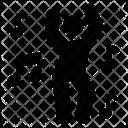
Students will learn about the Physical Skills required in dance and how to apply them through contemporary dance technique. They will learn about safe practice in dance and how to warm up effectively. They will learn about actions, space, dynamics and relationships followed by motif creation using the basic principles and learn how to apply them to make their own choreography. They will begin to learn

Participation in Dance extracurricular opportunities such as Contemporary Technique, the Boys Dance Company, Hip Hop Involvement in the Senior School Musical and associated CCA
Participation in the Term 3 Arts Festival events and activities

Understanding how to make choreographic collaboratively technical exercises


● Research tasks
● Written tasks review and reflection
● Ongoing practical assessment
● Summative performance assessment

CURRICULUM

Students will be provided with the stimulus of Space Exploration as a means to begin their journey to develop their Drama ensemble skills. Once they have practically explored their ideas, and applied newly acquired techniques, they will structure their ideas into a group performance with clear performance intentions and outcomes. As part of this unit, students will learn about the importance of dramatic structure and constructive feedback.

Participation through a range of extra curricular activities such as the KS3 Drama Production, Senior School Musical and
Joining the Drama Society, "Unmasked", which meets weekly and works to a performance during Arts Week often with an

Devising skills
Structuring
performance
Spatial and body
Collaboration


● Ongoing formative assessment
● Formal performance as a summative assessment
● Research tasks
● Self-reflection assessment

CURRICULUM

This term, Year 7 explores "Music and Storytelling." We begin with analyzing how music enhances visual dimensions. Next, Adverts reveal music's persuasive power. Opera and Musical Theatre dive into dramatic narratives. We Songlines by understanding cultural storytelling. The term culminates in a Composition Project, where students create their own musical stories. Students will develop listening, analytical, and creative skills through diverse musical forms.
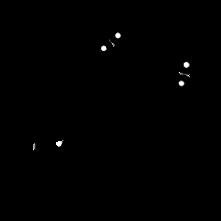
Internal and external concert attendance


Developing
Developing empathy and

● Frequent workshops
● One composition piece
● One performance piece

CURRICULUM

This Term: Sports and Other Physical Activities
Students will engage in diverse learning opportunities throughout the year to develop their understanding, skills, and tactics in a variety of sports and physical activities. The areas of focus for each PE class this term are as follows: 7A: Softball and Badminton/ 7B: Volleyball and Softball/ 7C: Health Related Fitness and Gymnastics/ 7E: Netball and Volleyball/ 7F: Invasion Games, Netball, and Volleyball/ 7G:

Sports fixtures against other schools (KISAC)


Developing psychomotor, cognitive, and affective skills in a variety of sporting and physical

● Weekly observation
● Performance tests

SCIENCE

This Term: Small basic programming
This unit will allow the students to develop basic programming skills using the small basic programming language. The topic will allow the students to take user inputs as numbers and text, use the different numerical values to draw a shape required, fill in the colour inside the shape and borders of the shape and the programming concepts used will be as below listed: If statement; Graphicswindow

Competing in a range of different in class challenged relative
Represent and organise Computer Science enrichment
Extract data from different sources, and display it to be used more meaningfully to improve websites usability and

Using the loops with appropriate different styles to the shapes or text entered


● Students will develop two individual programs showcasing all the programming concepts learned, e.g. a quiz based on their choice which uses conditional statement, loop, user input, etc.

CURRICULUM

This Term: Number, Algebra and Geometry Foundations
During the first term of KS3 Mathematics Year 7 students will be embedding the foundations of number and proportion learnt at KS2. Students will review essential processes with an emphasis on mathematical reasoning and begin to consider the notion of proof. Students will then apply the same skills to the introduction of Algebra and its own key concepts and then finally Geometry with an emphasis on geometric reasoning and the mathematical language used.
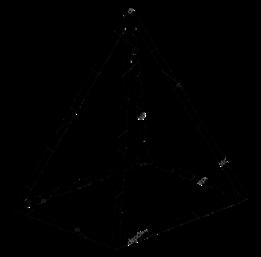
Throughout KS3 students will be developing their reasoning, contextual understanding and problem solving skills, cornerstones of becoming successful mathematics scholars. To facilitate this there will be numerous mathematical competitions organised through UKMT and FOBISIA enhancing pupils' problem solving skills; mathematical balloon debates will also provide great opportunities for developing research and contextualising skills; and journaling opportunities through extra curricular sessions will provide a basis to develop reasoning and mathematical communication skills.


Numeric/Algebr aic/ Geometric
Problem Solving
Generalising and Synthesising
Communication of Mathematics
Knowledge

● Check Ups for each unit
● Summative Assessment

CURRICULUM

This Term: How Science Works and Chemistry
During the first term of KS3 Science for Year 7, students will explore several foundational topics. They will begin with "How Science Works," focusing on scientific methods, experiments and data analysis. This is followed by a unit on "States of Matter," where students learn about the particle model, and explore elements, compounds and mixtures.
They will then study "Separation Techniques," investigating methods such as filtration, evaporation, distillation and chromatography.




● Practical assessment
● End-of-topic Chemistry Test Planning and conducting investigations
Explaining observations using scientific terminology

CURRICULUM

This Term: Rainforests and Map Skills
Students begin the year looking at fragile environments and how humans have and continue to affect them. The first topic explores tropical rainforests, their importance, uses and how they are being threatened. Our second topic looks at the practical use of Map Skills where students are challenged to locate places and use bearings, grid references and infer topographical features using an Ordinance

Research the indigenous peoples living in either the tropical
Investigate a local ecosystem and compare it with the tropical rainforest or Arctic environment
Create a detailed diorama of either a tropical rainforest or

manipulation


● Assessed article response task
● Assessed skills/photo task

CURRICULUM

Students are helped with their transition into Senior School life. Students learn about the concepts of empathy and sympathy. They will learn strategies to develop empathy for others and to help


Development of character strengths, Bravery Kindness Fairness

● There are no assessments for PSD. Lessons will include a range of activities to support student discussion and exploration.

